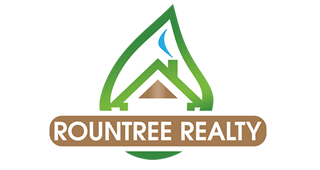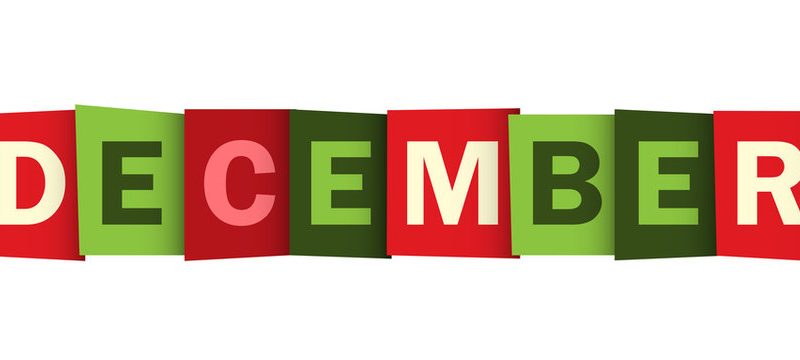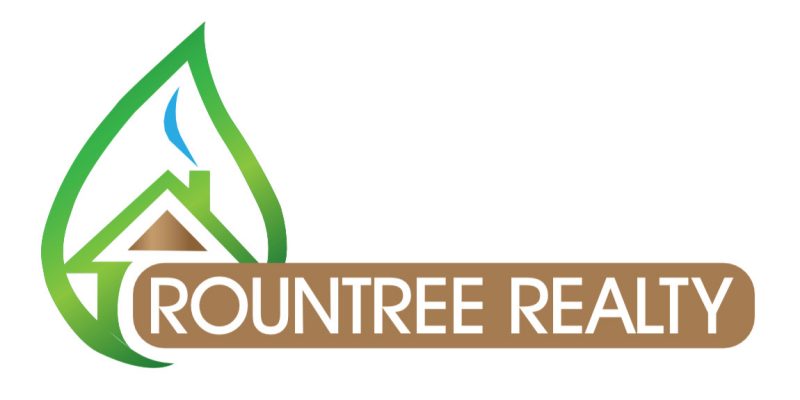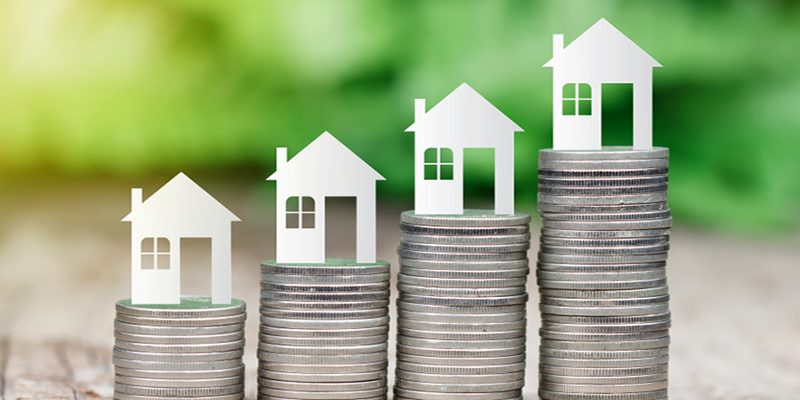It is officially January 2022 and the start to a new year!
In the January issue of our newsletter you will find events this month, a featured listing, market predictions for 2022, and how to follow us on social media.
Click the attachment to check it out!
Please don’t hesitate to reach out with any of your real estate needs.








